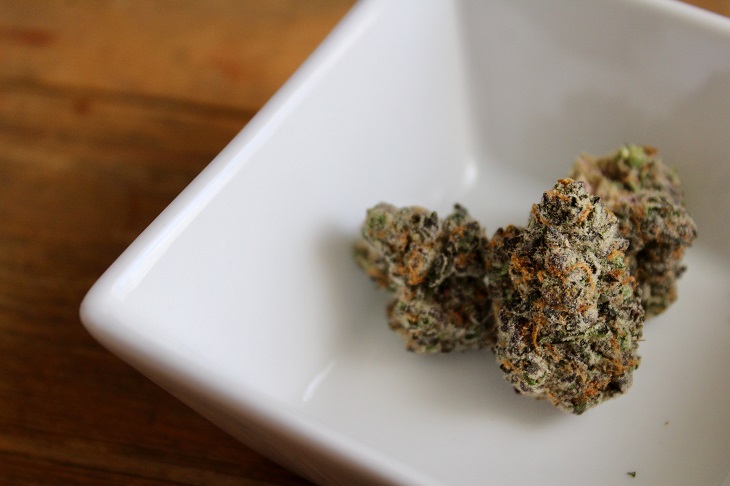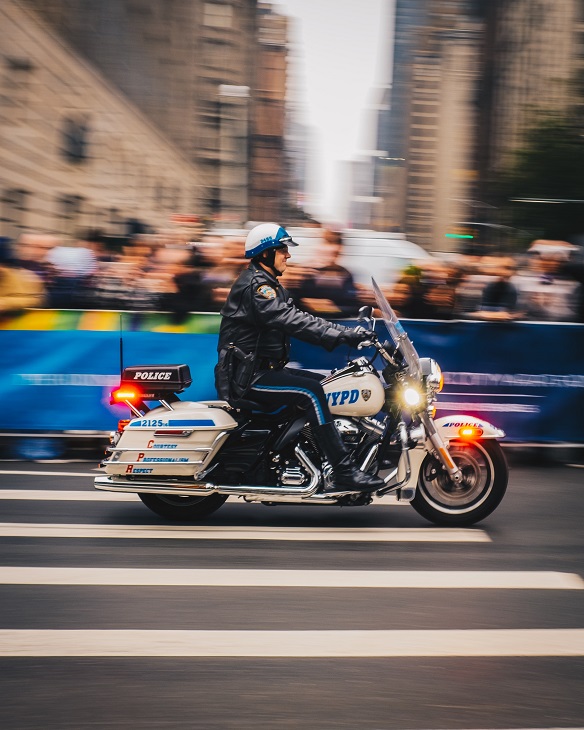Medical marijuana (MMJ) can be a useful tool when helping to treat a variety of physical and emotional health conditions. If you’re thinking about applying for an MMJ card or already have one and want to find out more about the rules surrounding MMJ usage, it’s important for you to know the laws around medical marijuana and driving.
Read on for some helpful information that should keep you on the right side of the law!
Can you drive on MMJ?
One of the most commonly asked questions that medical marijuana patients have is whether they’re permitted to drive while under the influence of cannabis. This question is actually quite complex with a lot of different factors.
First off, every MMJ patient is different in terms of the quantity of cannabis they’re ingesting and how often they need to use it. This means that the level of which someone is intoxicated from the MMJ can vary from person to person. Some individuals might not experience a “high” feeling, while others might find themselves in a state that is not conducive to safe driving (experiencing slow reaction times, lack of concentration, etc.).
What is the legal limit for medical marijuana when driving?
This question can also be a little tricky to answer, mainly because each state has its own set of rules (especially states that permit recreational marijuana). But when you’re asking yourself, “Is there an MMJ limit when driving?”, it’s important to realize that anytime you have marijuana in your system, you’re likely to be considered an impaired driver.
Even if you have a valid MMJ card, law enforcement will potentially view you as intoxicated if they have cause to stop you. Having substances in your bloodstream (whether they’re legal or not) can still affect your driving, so in the eyes of the law, you probably shouldn’t be driving at all if you’ve recently used your MMJ products.

Image by Christina Winter on Unsplash: It’s best to avoid driving after you’ve used MMJ products in case you’re impaired.
Here are a few other important things to keep in mind when it comes to MMJ and driving.
1. You need to know your own limits before you get behind the wheel
For some people, it might be hard to not drive after they use MMJ products (especially if they require pretty frequent usage). It’s crucial to experiment with different strains of MMJ and frequency of use to discover your own personal limits. If you feel at all impaired, it’s best to avoid driving.
2. You can still get a DUI with MMJ
There are different regulations from state to state, but because marijuana is still considered illegal on a federal level, there is always the potential for you to be pulled over by law enforcement and charged with a DUI if they think you’re intoxicated and unable to operate a vehicle safely.
To be convicted of a DUI, a prosecutor must show that you were under the influence of marijuana at the time you were driving, even if it was legally prescribed. They can demonstrate this by showing that you had a certain concentration of THC (the main psychoactive ingredient in cannabis) in your system, or by showing that you were actually impaired, which is usually illustrated by you breaking some traffic laws or getting in an accident.
There are 17 states that have a zero-tolerance policy; in these places, simply having marijuana in your system while driving is illegal. Make sure you know what the regulations are in your state to avoid getting charged with a crime or involved in an accident.
3. There are severe consequences for driving while intoxicated
If you’re pulled over by law enforcement and they have reason to believe you’re intoxicated, you could receive some pretty harsh punishments. Depending on what law enforcement decides to do (and if you’ve posed a threat to other cars on the road), you could be ticketed, fined, or faced with jail time. If you’re a repeat offender, you could get your license suspended or put on probation.
More severe penalties are imposed if you’re charged with reckless driving, are involved in an accident (especially one that results in injury or death), or if you have a minor in the car with you at the time of the stop. Most police will not care if you have an MMJ card if the result is one of these things – you would still be considered to be breaking the law.
4. There is no standard sobriety test for MMJ
At this time, there is no specific field test for marijuana like there is for alcohol (such as a breathalyzer). If you’re stopped and law enforcement believes you’re intoxicated, they might still perform a standardized field sobriety test. This consists of a horizontal gaze nystagmus (HGN) test, a walk-and-turn test, and a one-leg stand test, all of which can allow the police officer to tell whether you’re impaired or not.
Even if they can’t use a breathalyzer in the field to definitively test whether you’re high, they’ll use these tests to decide whether to ticket or book you. Most likely, your blood will be tested if you are arrested; the amount of THC in your bloodstream will be used against you (even if it’s from medically prescribed marijuana).

Image by Zac Ong on Unsplash: If you’re pulled over and found to be intoxicated, you could get charged with a DUI.
5. You can drive with MMJ stored in your car if you have your card
In most states where MMJ is legal, you are permitted to store products in your car. To be on the safe side, it’s best to put your products in the truck or the backseat, so if you’re pulled over the officer can’t assume you’ve recently imbibed.
If you can avoid it, it’s probably smart not to carry your MMJ around with you. Of course, you’ll need to transport it from the dispensary to your home, but the less time you have the MMJ with you, the less chance of police finding it in your car and you having to explain it to them. You do always have the option of denying officers the right to search your vehicle if you’re pulled over, but this can sometimes make you appear as if you’re hiding something.
6. Consider traveling with your MMJ card and a doctor’s note
To help avoid searches of your car like the one mentioned above, it’s a good idea to always travel with your authentic MMJ card with you at all times. This, along with a doctor’s note, can show law enforcement that you’re entitled to have MMJ in your possession.
While it won’t get you out of trouble if you’ve been pulled over for violating a law, it might help your case if you can demonstrate that you have a legal reason for having MMJ products in your car.
7. Use other modes of transportation when possible
Because you can’t foresee all issues that can arise from using MMJ before you drive, your best bet is to use other forms of transportation whenever you can.
Getting rides from friends and family, taking public transportation like the subway or bus, or using a rideshare app like Uber or Lyft to get around can mean you may use your MMJ products without worrying about what will happen if you get behind the wheel of a car. This is the safest option, both for you and for other drivers on the road.
If you want to make sure you’re completely avoiding any legal issues that can come up while using cannabis and driving, do some research on the specific laws that exist in your state so that you’re completely informed. You do have rights as an MMJ cardholder, but you should also keep your safety and the safety of everyone else on the road in mind whenever you use your medicinal cannabis.
When using MMJ, try to skip getting behind the wheel if possible, and you won’t have to worry about being impaired and breaking any laws.
Featured image by Cory Bouthillette on Unsplash
